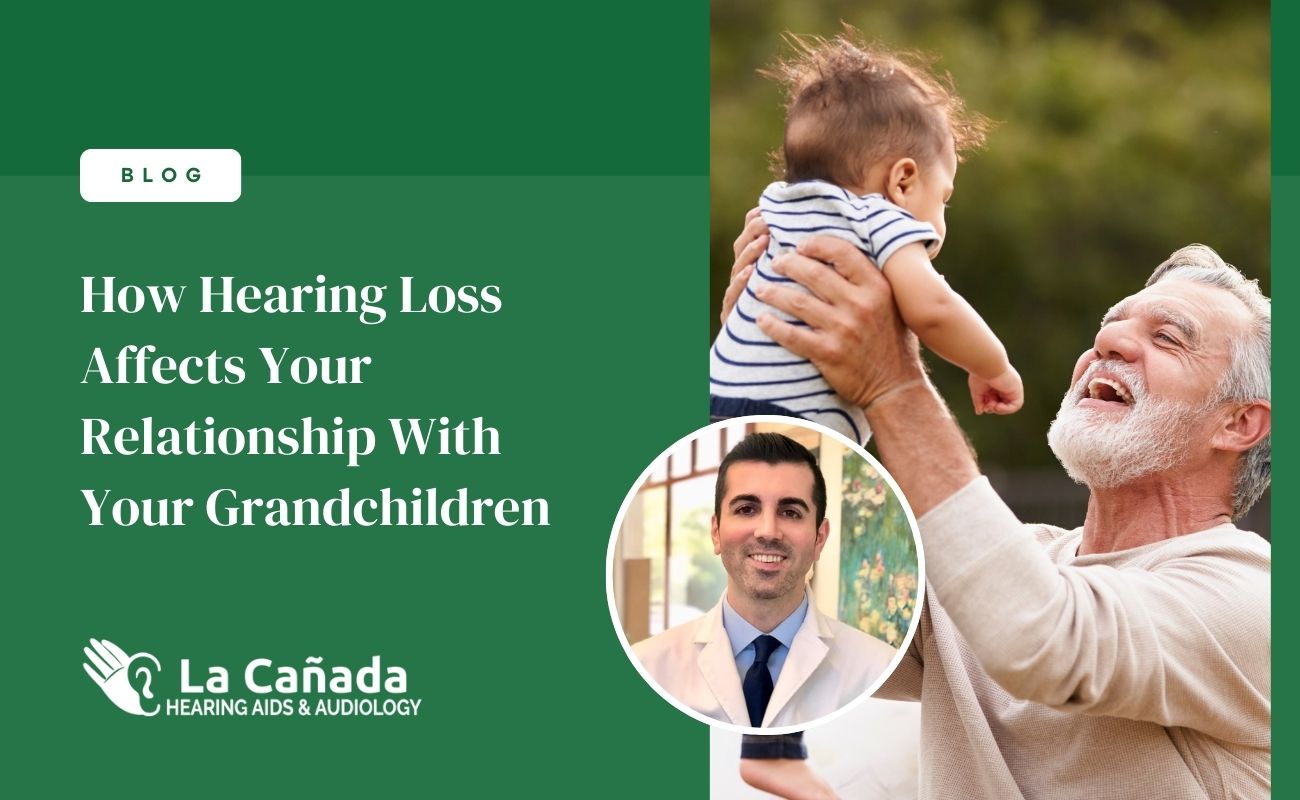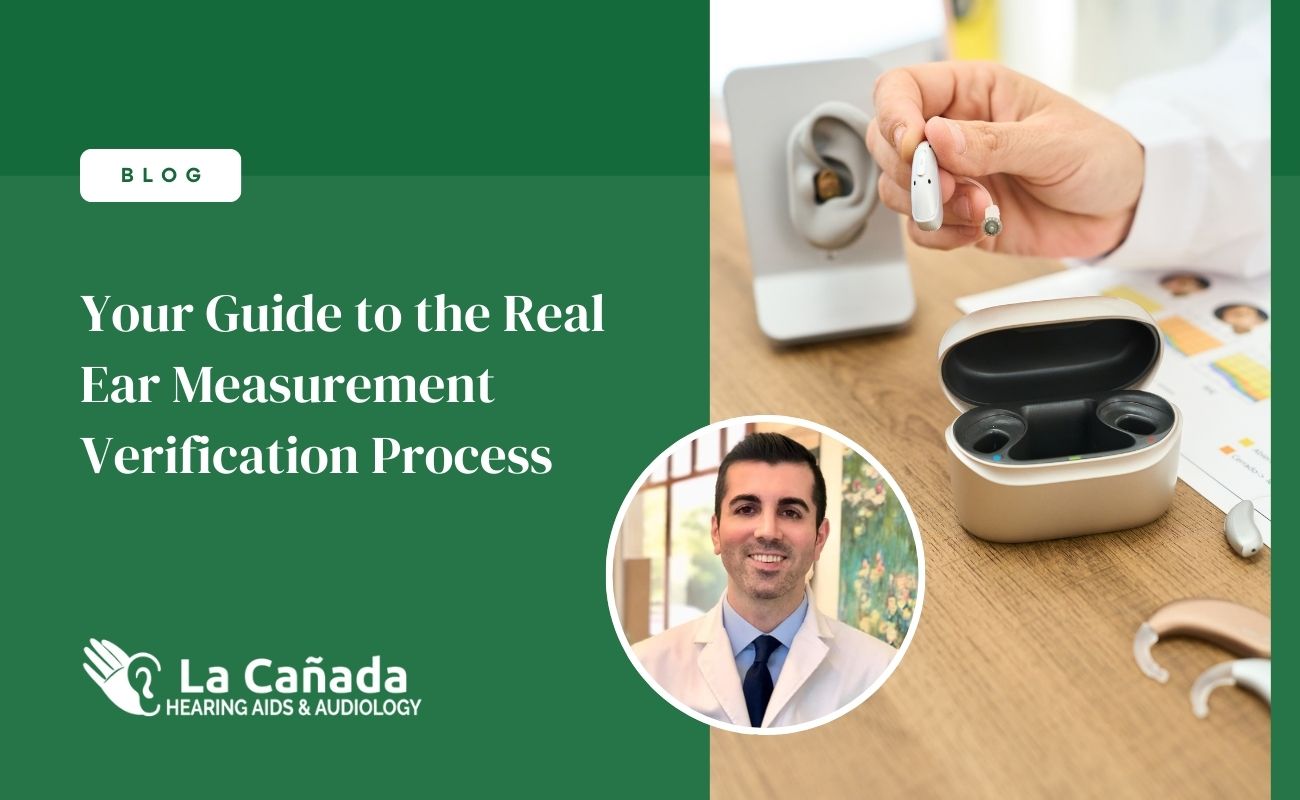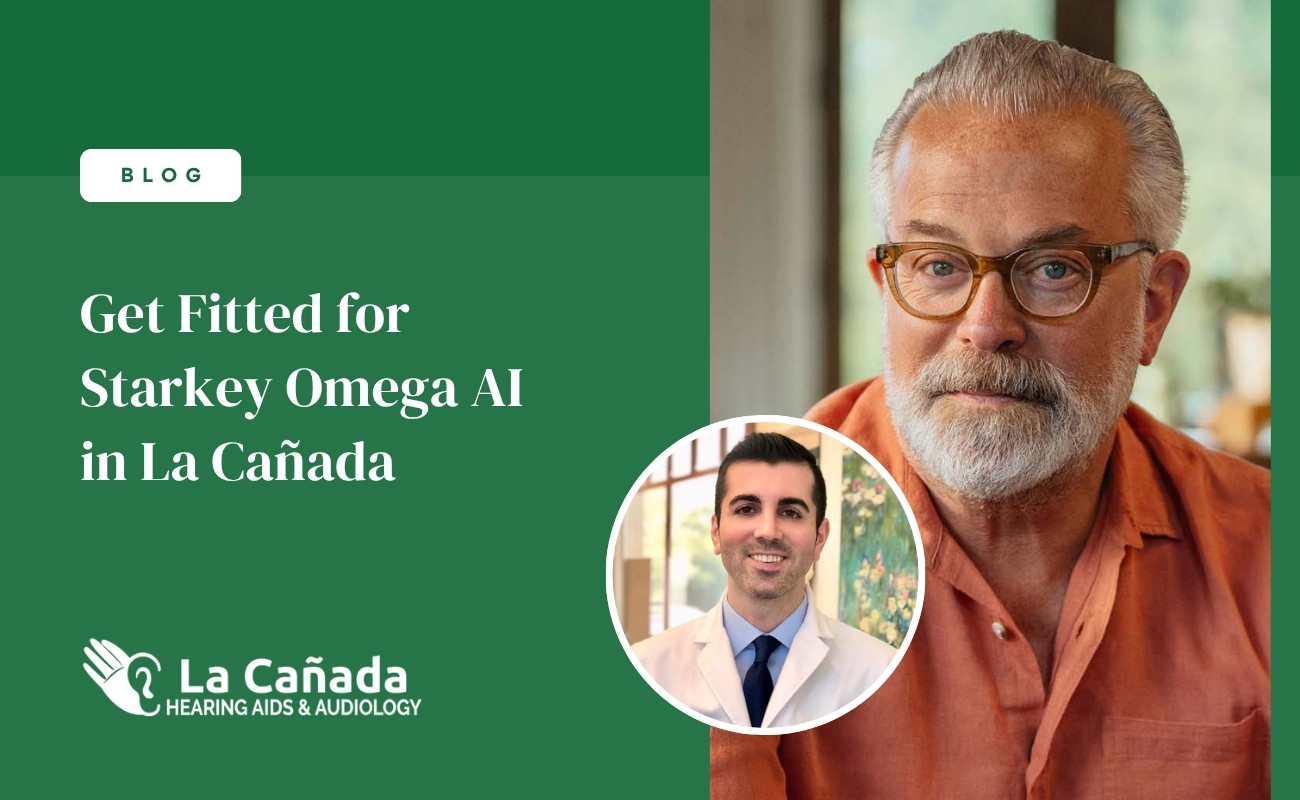According to the National Institute on Deafness and Other Communication Disorders (NIDCD), 36 million Americans suffer from a hearing loss—this includes 17% of our adult population. Approximately one third of Americans between ages 65 and 74 and nearly half of those over age 75 have hearing loss.
Hearing loss is the third most prevalent chronic health condition facing older adults but unfortunately, only 20% of those individuals who might benefit from treatment actually seek help. Most tend to delay treatment until they cannot communicate even in the most ideal of listening situations. On average, hearing aid users wait over 10 years after their initial diagnosis to be fit with their first set of hearing.
Age-Related Hearing Loss
Age-related hearing loss, also known as presbycusis, affects older adults. The most frequent cause of age-related hearing loss is the natural breakdown of hair cells in the inner ear . Sound reaches the inner ear, but the breakdown of hair cells prevents the sound signal from reaching the brain. This is known as sensorineural hearing loss.
Age-related hearing loss can also be caused by age-related changes that may affect the eardrum or the bones of the middle ear, called conductive hearing loss, which affects how well sound can move into the inner ear. If you have age-related hearing loss, you may not know it, because older people usually lose their hearing very slowly.
Without knowing it, you may make small changes over time—turning up the TV volume, standing closer to a person who is speaking—that allow you to adapt to hearing loss. At some point, the loss may become so severe that these changes no longer work. Your family members or friends may be the first to realize that you cannot hear well.
Impact of Hearing Loss
Hearing loss can have a range of consequences that depends on the individual and their unique type of hearing loss. The most common experience is a reduced ability to understand other people, particularly in noisy situations. This can impact how you interact with family and friends, making it difficult to learn at school and or perform your duties in the workplace competently.
If left untreated, hearing loss can have other negative social and health impacts in both adults and children that go beyond the hearing impairment itself and include reduced quality of life and well being. Potential health impacts from hearing loss can include headaches, muscle tension, and increased stress and blood pressure levels. Some studies have linked untreated hearing loss in adults to depression, fatigue, social withdrawal and impaired memory.
Benefits of Treatment
Addressing and treating hearing loss can be a long, sometimes challenging process but once acclimated there are numerous studies that show that treating hearing loss can improve all aspects of your life affected from hearing loss. Some of the benefits include:
- Higher Earning Power. When you increase your abilities to recognize and appropriately respond to speech, particularly in the workplace, you increase your earning power.
- Slower cognitive decline. Several recent studies have linked untreated hearing loss to an increased risk of developing dementia and accelerated cognitive decline
- Reduce Tinnitus Symptoms. More than 50 million people in America experience tinnitus, a high-pitched ringing or clicking noise with no external sound source. And 90 percent of those who experience tinnitus also experience hearing loss.
- Improved Personal Safety. You improve your safety when you treat your hearing loss. Don’t be at greater risk of falling, which can lead to costly medical bills—let alone physical discomfort. The better you hear, the more attuned you are to your surrounding.
- Emotional Well-Being. The emotional benefits of treating your hearing loss are immense. Any type of hearing loss can make you feel disconnected from your own sense of self and impacts how you think and feel about yourself. As treating hearing loss can improve your sense of wellbeing, it of course enhances your abilities and desires to connect with friends and loved ones.
La Canada Hearing
If you suspect you are suffering from age-related hearing loss, don’t wonder any longer. Contact us at La Cañada Hearing Aids & Audiology to schedule a hearing test. We can diagnose your hearing loss and help you find the best hearing aids for your needs so you can live your highest quality of life for many more years to come.


.webp)





